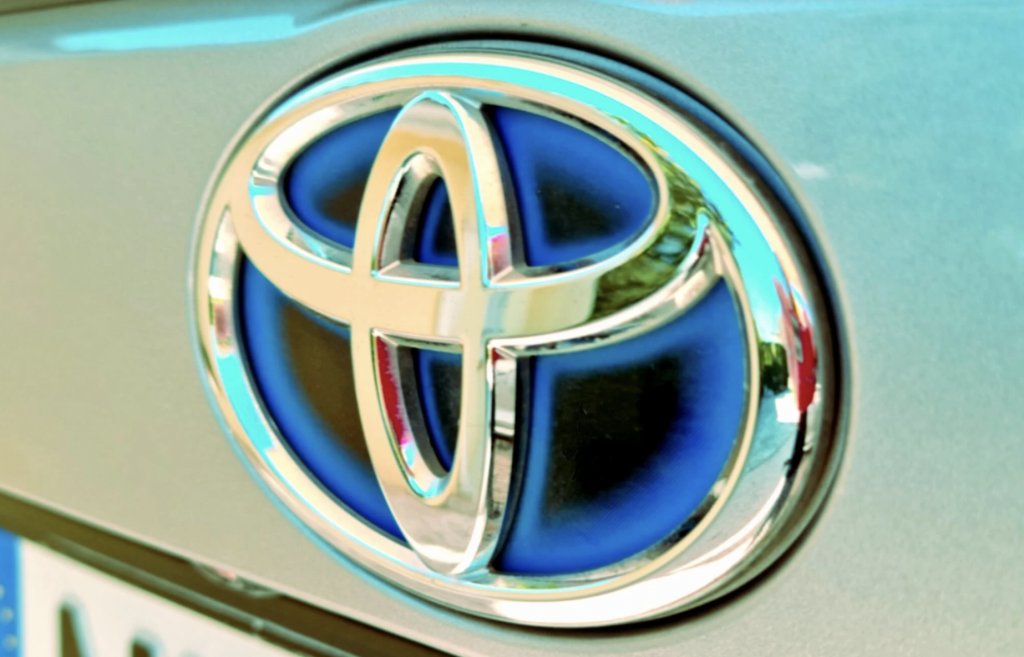There’s no doubt that Toyota is a leader when it comes to the automotive world. The company makes vehicles that are reliable and well-priced for the general public. But it also believes in research and technological advancement.
Toyota believes in sustainability, and with eco-friendliness at its peak; it’s developing more fuel-efficient technologies. One of their recent headlines is the hydrogen-based combustion engine.
Coming up is some important information about it.
What Is a Hydrogen-Fueled Engine?
In simple words, it is a combustion engine powered by hydrogen. This means that unlike the standard vehicle, it actually burns hydrogen as fuel instead of petrol or gasoline. But how does it really work?
The usual hydrogen-powered vehicles make use of the fuel cell. This technology utilizes hydrogen as a fuel to make electricity. This powers the electric motor(s) like how a regular EV is powered using just batteries.
But there’s another type of hydrogen engine. This is the one that burns (combusts) hydrogen to produce energy. The construction is similar to a regular petrol/gas engine. The parts are a lot stronger however.
Advantages Of Hydrogen Combustion Engines
You save a lot of fuel with these engines as they work with hydrogen; a sustainable element. There’s also a lot more efficiency here than your average petrol engine. But is the burning of fuel alarming to the environment?
No, it is not. This is because there are very few emissions produced. This is because of the obvious lack of carbon in the burning process. We do get some nitrogen-based oxides; not as deadly as carbon emissions though.
There is another advantage in terms of the fueling time. It’s not as quick as gasoline powered cars. But it is a lot quicker than the EVs of today and a full-tank can be achieved in a couple of minutes.
Another advantage of these engines is that they appeal more to car enthusiasts. EVs are considered to lack the soul that a combustion-powered car has. Hydrogen engines are powerful and they produce sounds as well.
Hydrogen engines also won’t need any expensive battery replacements after some years. You can simply maintain them with Toyota’s parts. For a supply of these genuine Toyota parts, check out: https://sts-global.com/toyota-parts
Cons Of Hydrogen Combustion Engines
Unfortunately, not everything is perfect and this law applies here. Hydrogen engines are underrated because of the difficult nature of hydrogen. When using it as a fuel, there must be more care taken in its handling.
More than that, hydrogen is actually difficult to extract than petrol. This is because of its unnatural occurrence and the process being more energy consuming. Also, hydrogen can easily leak out and away.
This is attributed to its molecules, which are smaller in size. Hydrogen vehicles are also more difficult to maintain because of the lack of general knowledge about them…… yet.
Toyota and Combustion Engines
While the world is moving towards EVs, Toyota seems to be hesitant. The company clearly favors combustion engines over their electric counterparts. But its CEO recently made headlines when he called carbon “the enemy”.
As far as progressiveness is concerned, he further made it clear that the company will work on making hybrid and hydrogen combustion engines. Toyota aims for a carbon-neutral society by the year 2050.
It has formed Team Japan to do this. This is a group of automakers Toyota, Mazda, Subaru, Kawasaki, and Yamaha. They plan on using combustion engines in their race cars. These will be powered by the burning of hydrogen.
The Hydrogen Concept for The Corolla
As mentioned above, Toyota is using hydrogen power in racing. The reason for this is not just the sustainability. But it is also the amount of performance that they’re able to get from the hydrogen engine.
The car in question is a Corolla that is modified for the track. It is known as the Toyota Corolla Sport H2 Concept. Toyota is testing out components for the Corolla because of the shear importance of the nametag.
It is one of the most successful of all time as far as car sales are concerned. Since racing conditions are tougher, they are perfect for testing the reliability of the new hydrogen setup for regular Toyotas.
The engine used is a three-cylinder one that has an inline formation. You can find this one on the high-performance variant of the Yaris, known as the GR. It has been modified to allow hydrogen to fuel it in a spray form. This can be done because of its specialized fuel injectors. Many of the engine’s components are more heat-resistant and durable for the extremer conditions. Hydrogen combusts much more quickly, and at higher temperatures.




